Lower Gastrointestinal (GI) & Bowel Conditions
What are Lower Gastrointestinal (GI) & Bowel Conditions?
Lower gastrointestinal (GI) and bowel conditions refer to a group of disorders that affect the lower part of your digestive system — mainly the small intestine (especially the lower part), large intestine (colon), rectum, and anus. This part of the digestive system absorbs nutrients and water, forms stool, and removes waste from the body.
Impact of Lower GI & Bowel Conditions on Anatomy and Health
Lower GI and bowel conditions can affect the digestive system's structure (anatomy) and function (how it works). This part of your body is crucial for:
- Digesting food
- Absorbing nutrients and water
- Eliminating waste
When these conditions develop, they can:
- Damage the bowel lining: Inflammation (as in IBD or coeliac disease) can injure the gut wall, leading to poor absorption of nutrients and long-term complications.
- Cause blockages or changes in bowel structure: Growths, strictures, or inflammation may narrow or obstruct the bowel.
- Affect the balance of gut bacteria: Leading to bloating, pain, or irregular bowel habits.
- Interrupt nutrient absorption: Resulting in deficiencies in iron, vitamin B12, calcium, and other essential nutrients.
- Impact mental wellbeing: Ongoing bowel issues can cause stress, anxiety, and social withdrawal, particularly if symptoms are unpredictable or embarrassing.
Over time, untreated or poorly managed bowel conditions can lead to weight loss, fatigue, anaemia, and even complications like bowel perforation or cancer.
Causes and Risk Factors for Lower GI & Bowel Conditions
The causes vary depending on the specific condition. However, common contributing factors include:
- Inflammation: Found in conditions like ulcerative colitis and Crohn’s disease, inflammation damages the gut lining.
- Immune system malfunction: Coeliac disease is triggered by an immune reaction to gluten, while IBD is linked to immune system overactivity.
- Diet and lifestyle: Diets low in fibre and high in red meats or processed foods can disrupt digestion and contribute to constipation, diverticular disease, or cancer risk.
- Infections: Some bacterial or parasitic infections can cause long-term changes in gut function.
- Stress and gut-brain interaction: IBS is believed to involve a strong connection between the brain and bowel, often triggered by stress or past trauma.
- Genetics: Many conditions, such as IBD and colorectal cancer, have a hereditary component.
- Tumours or growths: Polyps or cancers can physically block or invade the bowel.
- Reduced blood supply (Ischaemia): Poor circulation to the intestines can cause damage and pain, particularly in older adults.
Symptoms of Lower GI & Bowel Conditions
Symptoms can vary widely but often involve changes in bowel habits or abdominal discomfort. Common symptoms include:
- Abdominal pain or cramping: Often linked to eating, passing gas, or bowel movements.
- Bloating and excessive gas: A common sign in IBS, coeliac disease, or food intolerance.
- Diarrhoea or constipation: Changes in stool frequency or consistency.
- Urgency or incomplete bowel emptying: Feeling like you can’t wait or haven’t finished after going.
- Blood in stool: Can be a sign of haemorrhoids, fissures, inflammation, or cancer.
- Mucus in stool: Often seen in IBS or IBD.
- Unexplained weight loss: Particularly concerning and may indicate malabsorption or cancer.
- Fatigue and weakness: May result from nutrient deficiencies, chronic inflammation, or anaemia.
Prevention of Lower Gastrointestinal (GI) & Bowel Conditions
Not all bowel conditions can be prevented, but several lifestyle changes can reduce risk and improve gut health:
- Eat a high-fibre diet: Including fruits, vegetables, whole grains, legumes, and nuts helps promote healthy bowel movements and supports gut bacteria.
- Stay hydrated: Drinking enough water helps soften stools and prevent constipation.
- Exercise regularly: Physical activity encourages healthy digestion and bowel function.
- Avoid smoking and limit alcohol: Both can increase the risk of bowel conditions, including cancer.
- Manage stress: Chronic stress affects gut movement and sensitivity, particularly in IBS. Mindfulness, relaxation techniques, and counselling may help.
- Monitor and manage weight: Obesity increases the risk of bowel conditions and colorectal cancer.
- Limit processed meats and high-fat diets: These have been linked to higher risks of colorectal cancer and gut inflammation.
- Routine screening and early checks: Especially if you have a family history of bowel cancer, early detection through colonoscopies and stool tests can be life-saving.
- Treat infections early: Prompt management of gut infections can prevent complications.
Types of Lower Gastrointestinal (GI) & Bowel Conditions
Lower GI and bowel conditions are diverse, and while they may affect different parts of the bowel, many share overlapping symptoms such as abdominal discomfort, bloating, and changes in bowel habits. Below are some of the key types:
Abdominal Pain and Bloating
These are common symptoms rather than standalone conditions. They often result from excess gas, constipation, food intolerance, or functional bowel disorders. While they may be mild and short-lived, persistent or severe symptoms could indicate an underlying issue such as IBS, coeliac disease, or bowel obstruction.
Irritable Bowel Syndrome (IBS)
A chronic functional bowel disorder characterised by abdominal pain, bloating, and irregular bowel habits (diarrhoea, constipation, or both). IBS is not caused by structural damage but involves a hypersensitive gut and abnormal bowel movement patterns. Stress, certain foods, or hormonal changes can trigger it.
Low FODMAP Diet
This is not a condition but a common dietary approach to managing IBS. FODMAPs are a group of fermentable sugars that can cause bloating, gas, and discomfort in people with sensitive guts. A low FODMAP diet eliminates these triggers and then reintroduces them in phases to identify which ones cause symptoms.
Colonic Polyps & Bowel Cancer Screening
Colonic polyps are small growths on the inner lining of the colon or rectum. Most are harmless, but some can develop into colorectal cancer over time. Regular bowel cancer screening — especially after age 50 or earlier if you have a family history — can detect and remove polyps early, reducing cancer risk significantly.
Diverticular Disease
This involves the formation of small pouches (diverticula) in the bowel wall, particularly the colon. When these pouches become inflamed or infected, the condition is called diverticulitis. It can cause lower abdominal pain, fever, and changes in bowel habits. A high-fibre diet may help prevent flare-ups.
Inflammatory Bowel Disease (IBD)
This includes two main types — Crohn’s disease and ulcerative colitis — both involving chronic digestive tract inflammation. Crohn’s can affect any part of the GI tract, while ulcerative colitis is limited to the colon and rectum. Symptoms include abdominal pain, diarrhoea (often with blood), fatigue, and weight loss. IBD requires long-term medical management.
Coeliac Disease
An autoimmune disorder where the body reacts to gluten (a protein found in wheat, barley, and rye), damaging the small intestine lining. This interferes with nutrient absorption and can lead to symptoms such as diarrhoea, bloating, iron deficiency, and fatigue. A strict gluten-free diet is essential for management.
Diagnosis of Lower Gastrointestinal (GI) & Bowel Conditions
Accurate diagnosis involves clinical assessment, imaging, and laboratory testing. Common steps include:
- Medical History & Physical Examination: A GP or specialist will ask about symptoms, bowel habits, diet, family history, and triggers. Abdominal examination may detect tenderness or bloating.
- Blood Tests: Used to check for inflammation, infection, anaemia, or nutrient deficiencies.
- Stool Tests: These help detect infections, blood in the stool, or signs of inflammation (e.g., faecal calprotectin).
- Endoscopy & Colonoscopy: These procedures involve inserting a camera into the GI tract to visualise and sometimes biopsy the bowel lining. Colonoscopy is useful for detecting polyps, cancer, IBD, and bleeding sources.
- Imaging (CT, MRI, Ultrasound): Scans may help identify bowel wall thickening, strictures, abscesses, or diverticular disease.
- Breath Tests or Elimination Diets: These assess IBS, particularly for lactose intolerance or identifying FODMAP sensitivity.
- Biopsy & Histology: Tissue samples taken during endoscopy can confirm diagnoses like coeliac disease, IBD, or cancer.
Treatment of Lower Gastrointestinal (GI) & Bowel Conditions
Treatment depends on the specific condition, but may include:
- Dietary changes: Increasing fibre, avoiding gluten (in coeliac disease), or following a low-FODMAP diet (for IBS).
- Medications:
- Anti-inflammatories for IBD
- Laxatives or stool softeners for constipation
- Anti-diarrhoeal medicines
- Antibiotics for infections
- Immune-modulating drugs
- Lifestyle adjustments: Exercise, hydration, stress management
- Surgery: In more severe cases, such as colorectal cancer, severe IBD, or complications such as blockages or abscesses.
- Psychological support: CBT and gut-directed hypnotherapy can benefit those with IBS and stress-related symptoms.
When to Seek Medical Help?
You should see a doctor if you experience:
- Persistent abdominal pain
- Unexplained weight loss
- Blood in your stool
- Chronic diarrhoea or constipation
- A significant change in bowel habits
- Fatigue without a clear cause
Early detection is key, especially for serious conditions like cancer or IBD.
What if Lower GI & Bowel Conditions are Untreated?
Delaying or avoiding treatment can lead to serious complications, depending on the condition:
- Persistent symptoms: Unmanaged IBS or coeliac disease can reduce quality of life, cause social anxiety, or lead to poor nutrient absorption.
- Nutritional deficiencies: Untreated coeliac disease or IBD can result in low iron, B12, or vitamin D levels, causing fatigue, bone thinning, or anaemia.
- Bowel damage: Chronic inflammation from IBD can cause strictures, fistulas, or permanent damage requiring surgery.
- Infection or perforation: Severe diverticulitis can lead to abscesses or a perforated bowel, a life-threatening emergency.
- Increased cancer risk: Colonic polyps may become cancerous if not detected and removed early. Long-standing IBD also increases the risk of colorectal cancer.
Early diagnosis and proper management improve outcomes, reduce complications, and support a healthier, more comfortable life.













